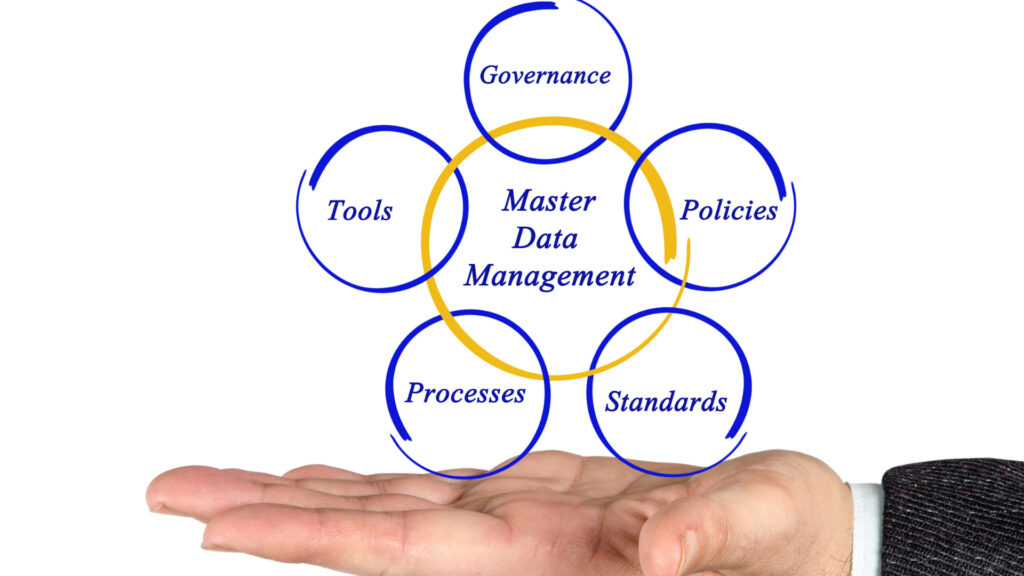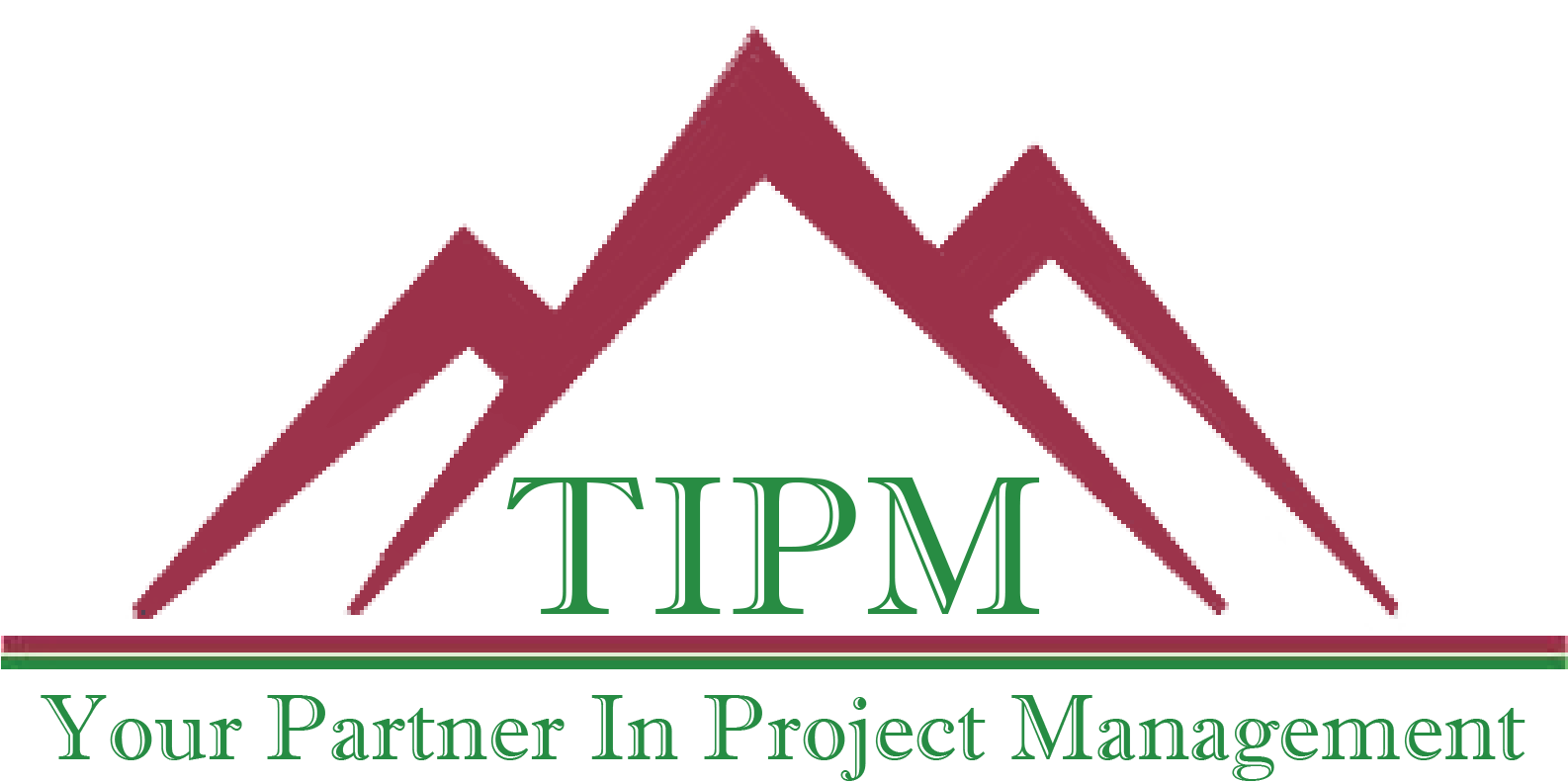
A master’s in project management is a valuable degree that equips individuals with the knowledge and skills needed to lead and successfully execute projects across various industries.
This advanced program delves into key project management concepts such as planning, budgeting, risk management, and team leadership.
Graduates of this program are prepared to navigate the complexities of project management and drive successful outcomes for organizations. Pursuing a master’s in project management can open up exciting career opportunities and enhance one’s ability to handle challenging projects with confidence and proficiency.
Here are 10 fascinating facts about pursuing a Master’s in Project Management that may inspire you:
1.Diverse Career Opportunities:

A Master’s in Project Management opens up a wide range of career paths in various industries such as IT, healthcare, construction, and more.
With a Master’s in Project Management, you can explore exciting career opportunities in fields where project management skills are highly valued.
In the IT sector, you could work on large-scale technology projects, ensuring their successful completion within budget and on schedule. In healthcare, you might oversee the implementation of new medical systems or the construction of healthcare facilities.
The construction industry offers opportunities to manage infrastructure projects, from buildings to bridges. The skills acquired through a Master’s in Project Management are versatile and can be applied in almost any industry, making it a valuable qualification for those seeking a dynamic and rewarding career.
2.Global Demand:

With businesses operating on a global scale, there is a growing demand for skilled project managers worldwide.
Diverse Skillset: Project managers are required to possess a diverse skill set, including leadership, communication, problem-solving, and strategic planning capabilities to effectively oversee projects across different regions and cultures.
Cross-Cultural Collaboration: The nature of global business requires project managers to navigate cross-cultural collaboration efficiently, understanding and respecting the nuances of various cultural practices to ensure successful project outcomes.
Technological Savvy: In today’s digital age, project managers must also be tech-savvy, adept at utilizing project management software and tools to streamline processes, enhance communication, and track progress efficiently in a global context.
Continuous Learning: Given the dynamic nature of global business environments, project managers need to engage in continuous learning and development to stay updated on industry trends, best practices, and emerging technologies to remain competitive and deliver high-quality results on a global scale.
3.Enhanced Leadership Skills:

The program equips you with valuable leadership skills to effectively lead teams and projects to success.
By participating in the program, you will have the opportunity to enhance your leadership skills significantly. These newly acquired skills will empower you to lead teams and projects with confidence and efficiency.
You will learn how to communicate effectively, delegate tasks efficiently, motivate team members, and make sound decisions under pressure. With these enhanced leadership skills, you will be well-equipped to drive your team toward success and achieve your project goals.
4. Boosted Earning Potential:

Graduates with a Master’s in Project Management often enjoy higher earning potential due to their specialized skill set.
With a Master’s in Project Management, graduates have the opportunity to significantly boost their earning potential. The specialized skill set acquired through this advanced degree allows individuals to excel in various industries and positions, leading to higher salaries and more lucrative career opportunities.
Employers value the expertise and knowledge that comes with a Master’s in Project Management, making graduates highly desirable candidates for roles that offer competitive compensation packages. By investing in their education and acquiring specialized skills, individuals can unlock new levels of earning potential and pave the way for a successful and rewarding career in project management.
5.Effective use of Project Management Tools:

You will learn to use industry-standard tools and software that are essential for managing projects efficiently.
In today’s fast-paced business environment, project management tools play a crucial role in ensuring the successful completion of tasks and achieving project goals.
By mastering industry-standard software, you will not only streamline project workflows but also increase productivity and collaboration among team members.
Tools such as Asana, Trello, Microsoft Project, and Jira offer a wide range of features to help you organize tasks, track progress, set deadlines, allocate resources, and communicate effectively with stakeholders.
Learning how to leverage these tools effectively will empower you to stay on top of project timelines, identify potential risks, and make informed decisions to keep projects on track.
Moreover, familiarity with project management tools will enhance your marketability in the job market, as employers increasingly seek professionals who are proficient in utilizing these technologies to drive project success.
Embracing these tools as part of your project management skill set will undoubtedly set you apart as a competent and efficient project manager ready to tackle any challenge that comes your
6.Networking Opportunities:

Building connections with professors, classmates, and industry professionals can open doors to exciting career opportunities.
Networking opportunities are a crucial aspect of your academic and professional journey.
Engaging with professors not only allows you to gain valuable insights and knowledge but also opens up possibilities for mentorship and collaboration.
Connecting with classmates can lead to lasting friendships and potential partnerships in future endeavors. And, establishing relationships with industry professionals can provide you with valuable guidance, job prospects, and even internships or job offers.
Remember, networking is not just about who you know, but also about the meaningful relationships you build along the way. Embrace these opportunities, as they can truly shape your future success.
7.Problem-Solving Skills:
Project management involves overcoming challenges and finding solutions, honing your problem-solving abilities.
Being adept at problem-solving is a crucial skill in project management. It requires the ability to think critically, analyze situations, and come up with creative solutions.
By honing your problem-solving skills, you can effectively navigate through obstacles and setbacks that may arise during a project.
This not only helps in overcoming challenges but also enhances your overall project management capabilities. Remember, every problem presents an opportunity to learn and grow, so embrace each challenge as a chance to showcase your problem-solving prowess.
8. Project Lifecycle Knowledge:

Understanding the phases of a project’s lifecycle from initiation to closure is crucial for effective project management.
Successful project management requires a comprehensive understanding of the various phases that make up a project lifecycle.
From the initial stage of project initiation, where goals and objectives are defined, to the planning phase, where tasks and resources are allocated, each stage plays a vital role in ensuring the project’s success.
As the project progresses into the execution phase, project managers must oversee the implementation of the plan and monitor progress to keep the project on track. This is followed by the monitoring and controlling phase, where performance is evaluated, and adjustments are made as necessary to address any issues that may arise.
Finally, the project reaches its closure phase, where deliverables are reviewed, and the project is formally completed. By understanding and effectively navigating each phase of the project lifecycle, project managers can optimize their processes, mitigate risks, and ultimately achieve their project goals successfully.
9.Continuous Learning:
The field of project management is constantly evolving, offering opportunities for lifelong learning and professional growth.
As project management continues to evolve, professionals in the field have numerous opportunities for continuous learning and development.
By staying informed about the latest industry trends, tools, and methodologies, project managers can enhance their skills and stay competitive in the ever-changing landscape of project management.
Engaging in ongoing education through workshops, courses, certifications, and networking events not only expands knowledge but also opens doors to new career opportunities and advancements. Embracing continuous learning is key to achieving professional growth and success in the dynamic field of project management.
10. Impacting Change:

By mastering project management skills, you can drive positive change within organizations and make a real difference in the projects you lead.
Project management skills are essential for creating a positive impact within organizations.
By mastering these skills, you have the opportunity to drive meaningful change and make a real difference in the projects you lead.
Your ability to effectively plan, execute, and communicate throughout the project lifecycle can result in successful outcomes that benefit not only the organization but also the individuals involved. Embrace the power of project management to enact positive change and leave a lasting impression on the projects you undertake.
Embarking on a Master’s in Project Management journey can be a rewarding and transformative experience, setting you up for a successful and fulfilling career in the dynamic field of project management.

